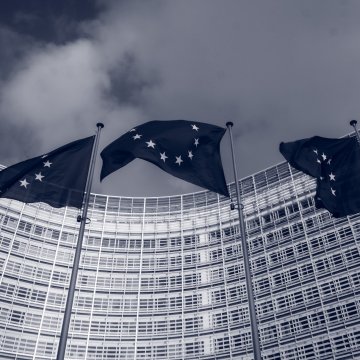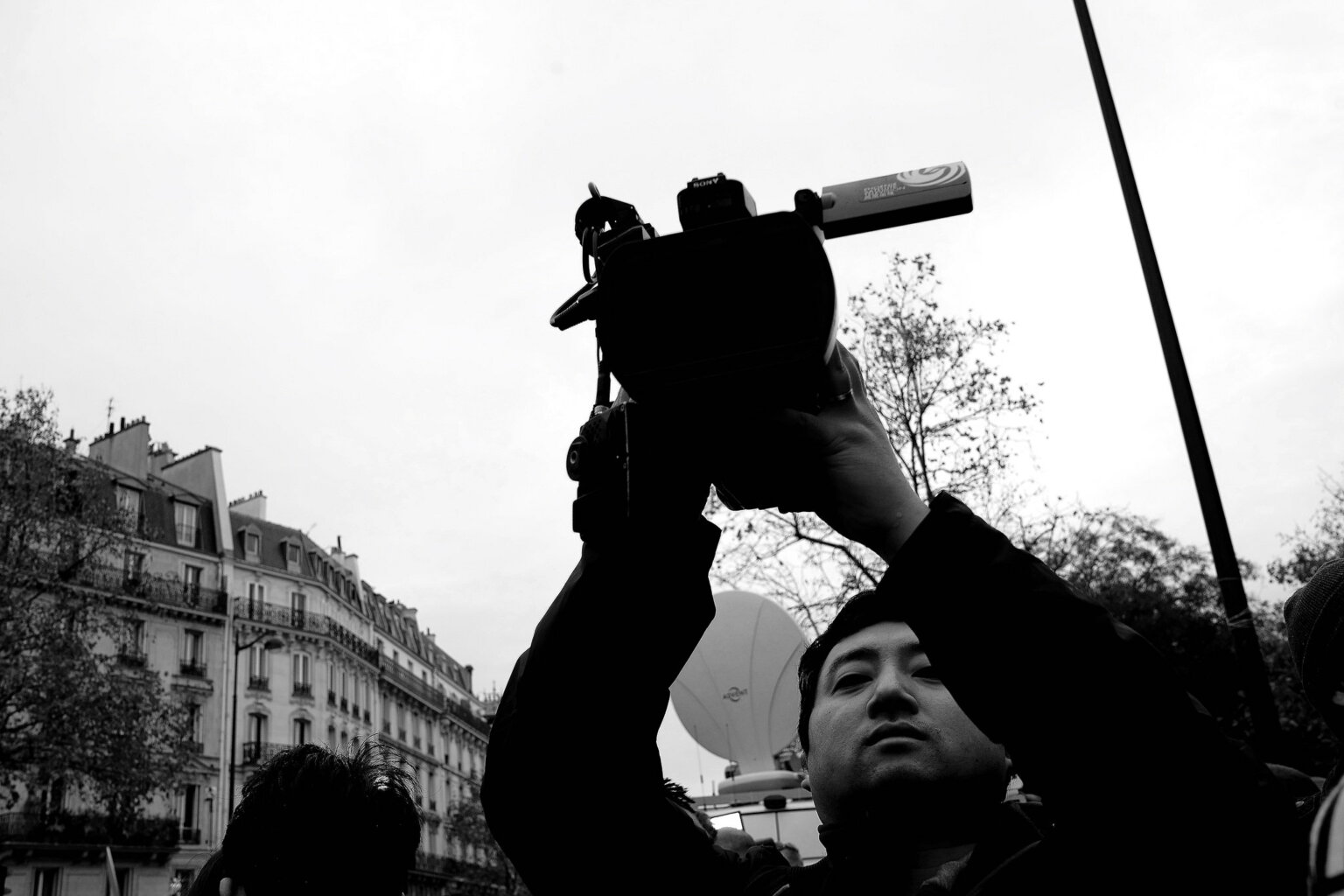- About
- Topics
- Picks
- Audio
- Story
- In-Depth
- Opinion
- News
- Donate
- Signup for our newsletterOur Editors' Best Picks.Send
Read, Debate: Engage.
| topic: | Freedom of Expression |
|---|---|
| located: | Bosnia and Herzegovina, Hungary, Poland, Slovenia, Albania, Greece |
| editor: | Katarina Panić |
The journalist community welcomed the European Commission’s announcement last week that it will deliver a Media Freedom Act next year.
“Media companies cannot be treated as just another business. Their independence is essential. Europe needs a law that safeguards this independence,” the EC president Ursula von der Leyen stated.
Journalists fight for their security, both online and offline, and struggle against information chaos created by fake news and propaganda.
“I am already tired of our new role: regaining the public’s trust. I feel kind of powerless,” one Bosnia-based journalist told FairPlanet. “ It seems like pluralism somehow transferred to anarchy. So, yes, media literacy is a must, from as early as preschool. Digital literacy too. And it is not up solely, nor primarily, to the media. The responsibility is of the government and of education.”
Among the many goals EU bill aims to achieve are preventing interference in editorial decisions, prohibiting spyware against journalists, independent and adequately funded public services, transparency of ownership, transparent and fair audience measurement systems, the allocation of state advertising board for media services, greater protection of media against unjustified online content removal, and the assessment of market concentrations and requirements on national measures affecting the press.
According to RSF, Norway remains at the top of the World Press Freedom Index, and Greece has replaced Bulgaria as the most restrictive country in Europe due to the rise in murders of journalists. Slovenia, Poland, Hungary, Albania and Greece have intensified draconic laws against journalists.
“European institutions have started implementing protective measures for journalists and press freedom and have launched proceedings against Hungary for violating European law. Yet they have banned media that disseminate Russian propaganda in the context of the invasion of Ukraine launched by Vladimir Putin without an appropriate legal framework, which risks being a pretext for retaliatory actions against the European media,” RSF found.
“I just visited my Austrian friends in Vienna. They have no access to Russian media, which makes them angry at their government. They ask if there is a difference from the censorship in Soviet times,” one Bosnian citizen stated.
Photo by Christian Lue

